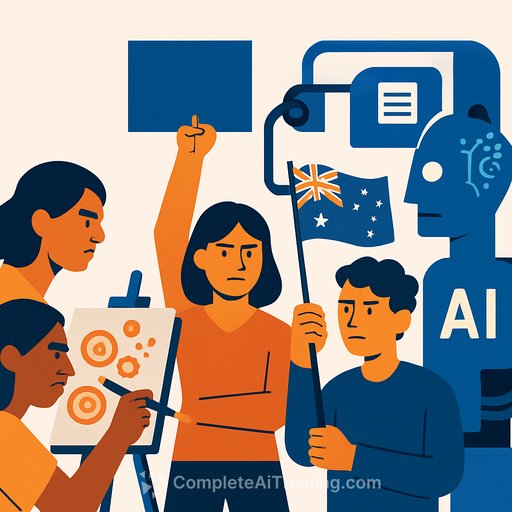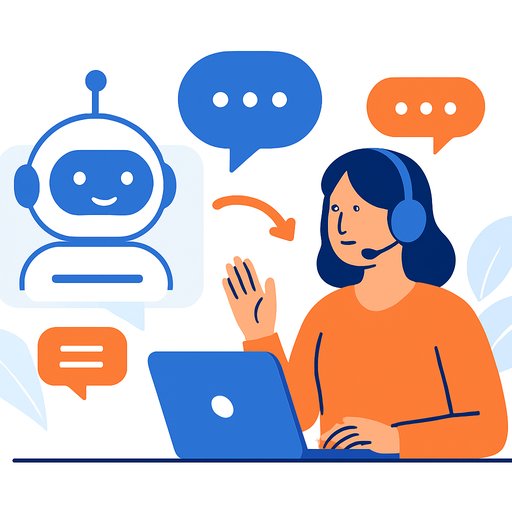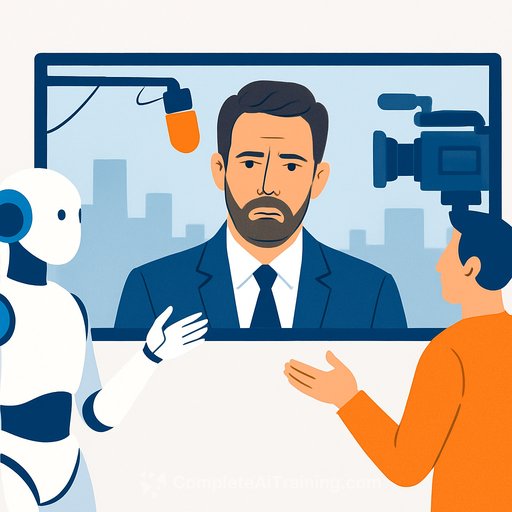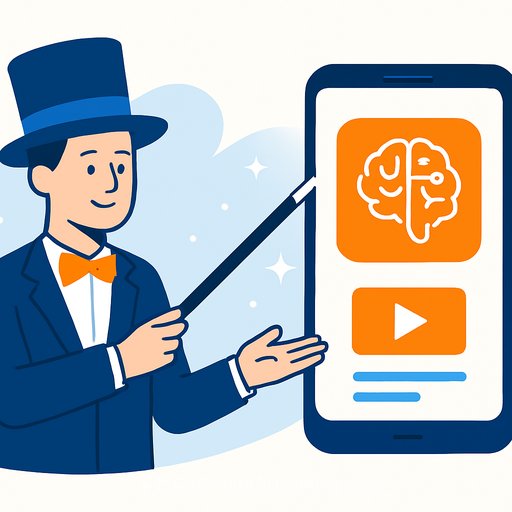Creative Workers Oppose Proposed Text and Data Mining Exceptions for AI
Australian creative workers and their royalty collecting societies have voiced strong opposition to the Productivity Commission’s push for a text and data mining (TDM) exception in the Copyright Act. This exception would retroactively legalise the use of Australian creatives’ intellectual property—including voices, images, and works—by foreign tech giants without consent or payment.
The Commission’s interim report, “Harnessing data and digital technology,” seeks input on introducing a TDM exception. However, creatives warn this could devastate local industries and endorse widespread breaches of Australian copyright law already occurring. There’s also concern the Commission might recommend stripping Australians of control over their personal data—including their face and voice—to feed AI models.
AI Models Rely on Unpaid Australian Content
Tech companies running Large Language Models (LLMs) admit their AI depends heavily on copyrighted works taken without permission. Australian creatives have already seen iconic plays and books used without compensation. At a Senate inquiry last year, tech representatives dodged questions about the origins of AI training data and faced scrutiny over the use of Australian voices, books, and films.
Claire Pullen, CEO of AWG and AWGACS, said, “We’ve already seen large-scale intellectual property theft for profit, harming Australian workers.” She highlighted the unique risks to First Nations creators, noting that any TDM exception would contradict the Commission’s own stance against fake First Nations art. AI tools can easily generate counterfeit cultural works, ignoring community consent and cultural protocols.
Copyright Protects Creativity and Livelihoods
Peter Mattessi, AWG President and co-creator of the Logie-winning drama Return to Paradise, emphasized that copyright has always encouraged creativity by ensuring artists can earn a living. “It’s outrageous this exception is even being considered,” he said. “Creators shouldn’t have to fight costly legal battles against tech giants to defend their rights.”
Sam Meikle, AWGACS Chair and co-showrunner of Wakefield, added, “Tech companies stealing from Australian artists threatens our jobs and cultural sovereignty. The Productivity Commission rewarding this conduct defies belief. The real focus should be on lost productivity from stolen work. AI’s benefits are still speculative; creative work’s value is proven.”
A Fair Solution Exists
Creative leaders stress that AI companies could build models that fairly compensate artists by paying for their work. They argue a TDM exception is unnecessary and would only serve big tech interests at the expense of Australian creatives.
Creative workers are preparing submissions to make clear that any TDM exception is unacceptable. Protecting rights and royalties remains essential to sustaining Australia’s creative industries and cultural heritage.
For creatives interested in how AI impacts their work and rights, exploring ethical AI tools and training resources can be valuable. Courses on responsible AI use and copyright fundamentals are available at Complete AI Training.
Your membership also unlocks:





